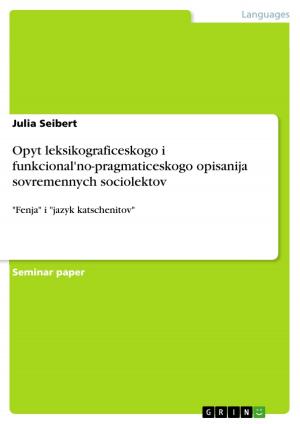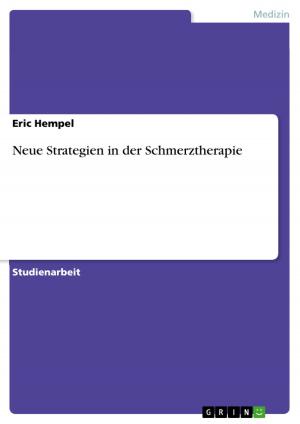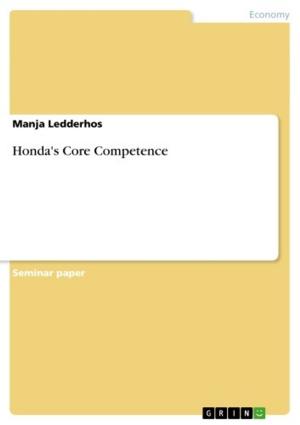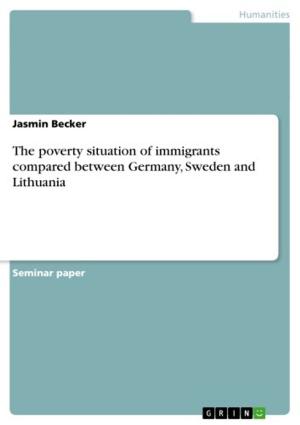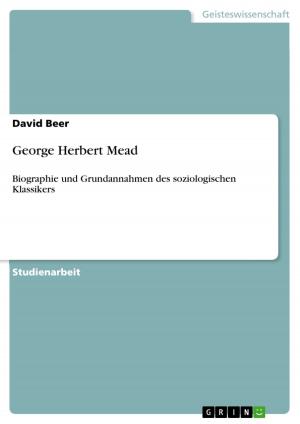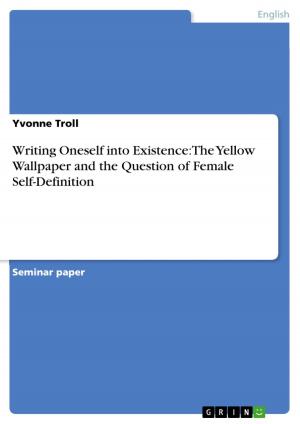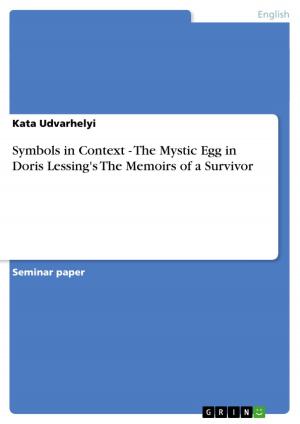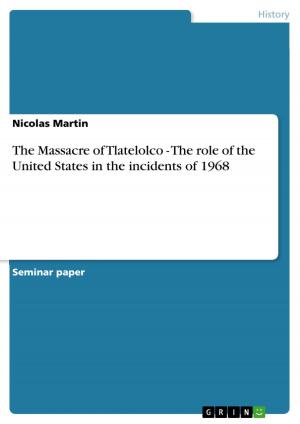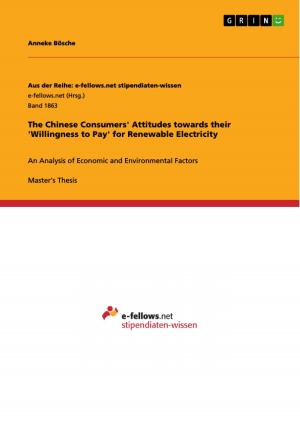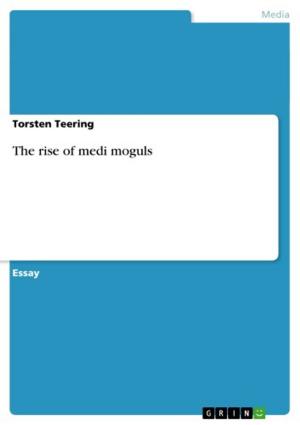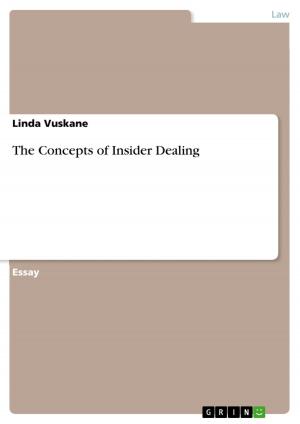Revisiting the 10-year old Philippine Electric Power Industry Reform Act of 2001 (R.A. 9136) and Its Local Implications
Nonfiction, Social & Cultural Studies, Political Science, Politics, Economic Policy| Author: | Menandro Abanes | ISBN: | 9783640982943 |
| Publisher: | GRIN Publishing | Publication: | August 12, 2011 |
| Imprint: | GRIN Publishing | Language: | English |
| Author: | Menandro Abanes |
| ISBN: | 9783640982943 |
| Publisher: | GRIN Publishing |
| Publication: | August 12, 2011 |
| Imprint: | GRIN Publishing |
| Language: | English |
Research Paper (postgraduate) from the year 2011 in the subject Business economics - Economic Policy, , course: Energy, power rate, law, public policy, language: English, abstract: After 10 years of implementation of the Electric Power Industry Reform Act of 2001 (Republic Act 9136), there is so much to be desired from its promised and potential reforms and improvements in the power industry and the lives of consumers. The privatization effort of the National Power Corporation (NPC) and its massive debts continues. The electricity rate used and paid by millions of consumers keeps rising. The mismanagement of electric cooperatives and their inexplicable losses persists. This is to revisit the law that sought, among others, to; 1) privatize the government agency tasked to generate, transmit, distribute, and supply energy to the country, 2) unbundle the power sectors to identify which is inefficient and incurring losses, 3) create a Wholesale Electricity Spot Market (WESM) to make the transaction transparent, open and competitive, 4) reduce the power rates. In June 2011, the Philippine President, Benigno Aquino III, signed into law the extension of the implementation of lifeline electricity rate (subsidy) for poor consumers for another 10 years. The wisdom of the R.A. 9136 was that the lifeline rate would be unnecessary after 10 years of the Act because the electricity rate would have been affordable even by poor consumers. On the contrary, after 10 years of R.A. 9136, the Philippines has the highest power rate in Asia. Thus, it is important to review the law in light of the current situation, context and its history.
Menandro S. Abanes is a researcher from the Philippines. He earned his PhD in Social Science from Radboud University Nijmegen. He teaches at Ateneo de Naga University in Bicol, Philippines.
Research Paper (postgraduate) from the year 2011 in the subject Business economics - Economic Policy, , course: Energy, power rate, law, public policy, language: English, abstract: After 10 years of implementation of the Electric Power Industry Reform Act of 2001 (Republic Act 9136), there is so much to be desired from its promised and potential reforms and improvements in the power industry and the lives of consumers. The privatization effort of the National Power Corporation (NPC) and its massive debts continues. The electricity rate used and paid by millions of consumers keeps rising. The mismanagement of electric cooperatives and their inexplicable losses persists. This is to revisit the law that sought, among others, to; 1) privatize the government agency tasked to generate, transmit, distribute, and supply energy to the country, 2) unbundle the power sectors to identify which is inefficient and incurring losses, 3) create a Wholesale Electricity Spot Market (WESM) to make the transaction transparent, open and competitive, 4) reduce the power rates. In June 2011, the Philippine President, Benigno Aquino III, signed into law the extension of the implementation of lifeline electricity rate (subsidy) for poor consumers for another 10 years. The wisdom of the R.A. 9136 was that the lifeline rate would be unnecessary after 10 years of the Act because the electricity rate would have been affordable even by poor consumers. On the contrary, after 10 years of R.A. 9136, the Philippines has the highest power rate in Asia. Thus, it is important to review the law in light of the current situation, context and its history.
Menandro S. Abanes is a researcher from the Philippines. He earned his PhD in Social Science from Radboud University Nijmegen. He teaches at Ateneo de Naga University in Bicol, Philippines.

